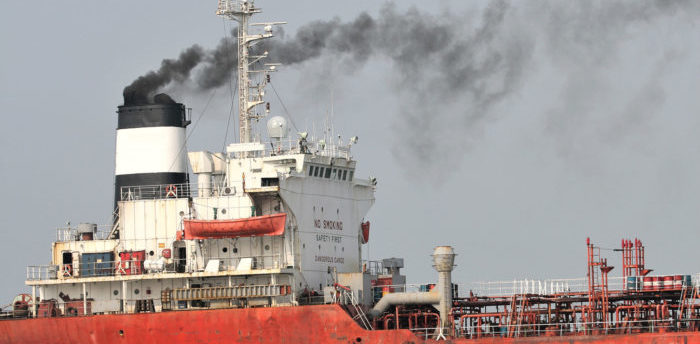The SEA\LNG coalition urged Norway to support and participate in internationally-coordinated policies to reduce CO2 emissions from shipping, such as the IMO’s regulatory regime for GHG reduction, over the recently-approved domestic CO2 tax on LNG which “is badly timed and will likely increase emissions”.
Norway has a leading role to play in such work – and the adoption of final proposals – that enables utilisation of LNG’s emissions and air quality benefits immediately, while other fuel technologies are developed or become more viable. In contrast, a unilateral, domestic CO2 tax on LNG represents a significantly unhelpful step in many respects.
The coalition noted that the CO2 tax:
- Risks separating Norway from playing a full, leading and profitable role in efforts such as those referred to above – something to be avoided.
In any event, the usefulness of such a measure at this time is doubtful. Emissions reductions is a key driver behind the tax; while we clearly support such an aim, a CO2 tax outside a wider framework could lead to unintended consequences.
- Acts as a disincentive for the uptake of an available and low CO2 fuel such as LNG now, as well as future investment in LNG-fueled ships. As such, the tax will likely lead to an increase in emissions of climate gases, NOx, sulphur and particulate matter.
- Risks Norway’s status as a world leader in the development of LNG shipping technology. It increases the risk of stranding previous LNG infrastructure investment, as well as reducing future market opportunities for Norwegian shipyards, equipment suppliers and producers.
- May create some degree of incentive for vessels to bunker abroad. In doing so, they would avoid paying the tax, in which case it is difficult to see how there would be an increase in state revenues.






























































